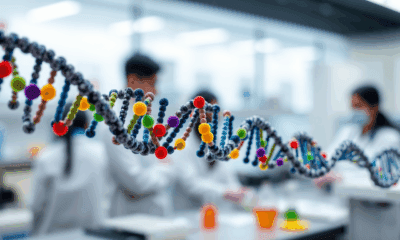

A group of Chinese scientists has created powerful new tools that allow them to edit large chunks of DNA with incredible accuracy—and without leaving any trace....
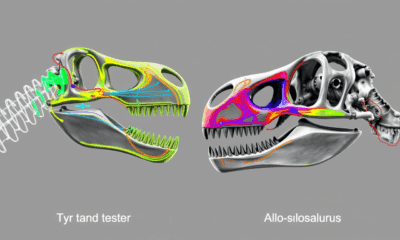

Tyrannosaurus rex might be the most famous meat-eater of all time, but it turns out it wasn’t the only way to be a terrifying giant. New...
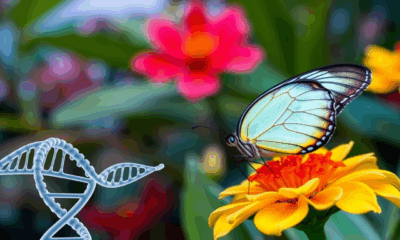

Glasswing butterflies may all look alike, but behind their transparent wings hides an evolutionary story full of intrigue. Researchers discovered that while these butterflies appear nearly...
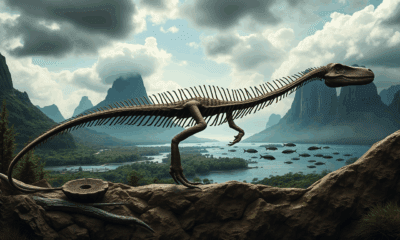

A new long-necked marine reptile, Plesionectes longicollum, has been identified from a decades-old fossil found in Germany’s Posidonia Shale. The remarkably preserved specimen rewrites part of...
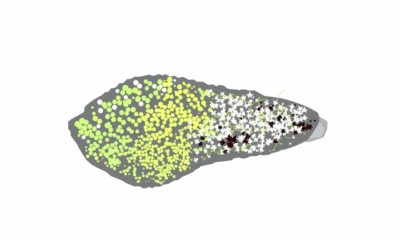

An intriguing new study reveals that over 80% of parasites found in the ancient poo of New Zealand’s endangered kākāpō have vanished, even though the bird...
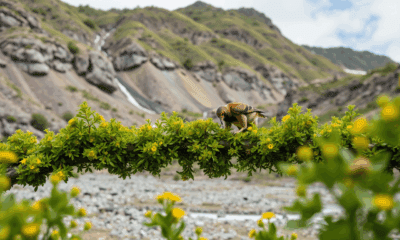

Every time someone snaps a wildlife photo with iNaturalist, they might be fueling breakthrough science. From rediscovering lost species to helping conservation agencies track biodiversity and...


Cosmic rays from deep space might be the secret energy source that allows life to exist underground on Mars and icy moons like Enceladus and Europa....
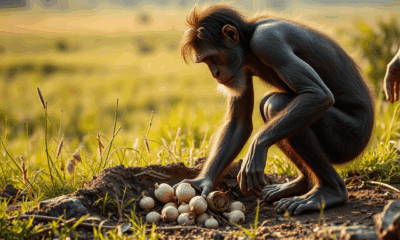

Long before evolution equipped them with the right teeth, early humans began eating tough grasses and starchy underground plants—foods rich in energy but hard to chew....
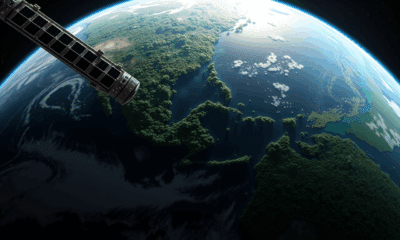

Between 2003 and 2021, Earth saw a net boost in photosynthesis, mainly thanks to land plants thriving in warming, wetter conditions—especially in temperate and high-latitude regions....


About 9 million years ago, a wild interspecies fling between tomato-like plants and potato relatives in South America gave rise to one of the world’s most...